Card Hunter is so good. So good. Good enough that I’m enthusiastically shouting about it in a preview. Good enough that I’m pretty sure I’ll wind up spending money on it at some point.
Two things: yes, this is a free-to-play title, but what I’ve played so far (up to about, ooh, level 7) isn’t overly intrusive or annoying, and most of my time has been spent playing it solo. Secondly: yes, it’s called Card Hunter, but it’s not really a card game. If you’re sarcastically thinking “Oh joy, another Magic: The Gathering/Duel of Champions/Spectromancer/Hearthstone,” then worry not! Cards are present, but this has more in common with turn-based tactics games or RPGs then it does any of the wallet-devouring addictogames that normally have “card” somewhere in their description.

I guess Dr. Zoidberg has been cosplaying as an illithid lately.
The premise is this: you’re Some Guy or Some Girl, playing a board game that looks suspiciously like the result of Dungeons & Dragons having a kinky three-way with Warhammer Quest and Magic: The Gathering. There’s a dinky little board and huge stacks of cards, and your screen actually displays a table littered with D20s and pencils and snacks. The game continually references that you’re sitting in a basement, and your GM – and his older brother, and occasionally the pizza delivery girl – regularly talk to you. The player figures are little cardboard representations slotted into plastic bases. There are more references to D&D, tabletop gaming, and pop-culture than you can shake a Tarrasque at.
Most of the actual gameplay takes place on individual boards that represent whatever challenge you’re facing. If you’ve decided to adventure through a lizardman temple then you might have, ooh, three battles – one on the outskirts of the temple, one in the entrance, and one in the inner sanctum. Each will be on a different board, with different enemies in different places, with different obstacles and obstructions, and with different scenery; the first might be an ambush in which you start off surrounded, while the last might be a boss fight against a few rather tough foes. Each will require you to move your little figures around, turn-by-turn, and attack enemies or hold victory locations or whatever. Finish the battle, and you get both loot and experience.

This is what I’ve unlocked so far, and I don’t think this is even a quarter of the full map.
So you’ve got the usual RPG tropes: you level up, you buy new equipment, you sell old equipment, and you determine how each character should be built for each battle. You’ve also got the usual turn-based tactics tropes: you need to carefully move characters and plan things out in advance; you need to use your limited resources to the best of your ability; you need to consider the direction each character is facing and their ranges and line-of-sight.
And then you’ve got the CCG stuff, because unlike most turn-based tactics games, you don’t have a big list of actions to choose from. Every round, each of your characters gets a hand of cards representing what they can do this turn, and these cards are determined by their equipment. Every piece of equipment has a few cards associated with it; if the character is wearing it then those cards are shuffled into their deck, and there’s a chance they’ll turn up in the character’s next hand.
Which adds in a further element of forward planning. This turn your warrior has a Chop card, which does a hefty amount of damage to two adjacent enemies – but there’s only one enemy in range. Should he use it now to kill that one enemy, or should he hang onto it for next turn when he might be in a position to take out two at once? After all, next turn he might just get some armour cards or a weak Simple Bash, or even a few movement cards. You don’t know. And anyway, what does the rest of the party have? What are they likely to get? Can you afford to take the extra damage from another enemy, particularly if he draws a high-damage card? Should you hnnng my brain hurts.

Okay, so that Chop will hurt two of them, and Pelf’s Spark and Penetrating Zap will be enough to finish off at least one of them, but…
Advancing this further are some of the other usual CCG tropes like the ability to search your deck for cards, or use a few abilities together to maximise damage, and the game very slowly introduces you to all of these elements. When attack dogs turned up and one of them played a card that let it draw cards until it had another two attacks, I nearly wept because the bloody thing was next to my squishy wizard. On the other hand, when said wizard got the ability to create lava squares that do obscene amounts of damage to whatever’s standing on them at the start of each turn, and I remembered an old wand that had an enemy-shoving Telekinesis spell on it… would you be disappointed if I said I giggled a little bit at the possibilities?
Card Hunter is really clever. Right now, pretty much every element of the game seems largely nailed down: the cards and equipment make sense, are varied, and provide plenty of opportunity for clever plans. It’s the sort of game where hanging onto old equipment helps, because you will need to change up your abilities and your general plans in order to survive individual encounters, and that speaks pretty well to the variety, the balance, and the thought required to succeed. I’m genuinely enthusiastic to see what sort of twists it still has in store.
And, honestly, the aesthetic helps. Despite how smart it is, it doesn’t take itself particularly seriously and battles are always fairly nippy one-screen affairs – you play a card, then the enemy plays a card – so even crushing defeats don’t feel too frustrating. The card art and flavour text are whimsical and reminiscent of Munchkin, so seeing new cards is a delight even when they’re being used against you. The adventure descriptions are tongue-in-cheek references to classic fantasy stories and RPGs, with descriptions right off of any number of D&D modules. It feels cosy, welcoming, familiar, and unique, all at the same time.

The general aesthetic is fantastic, particularly the way it manages to reference old tabletop games/modules/boxes in a tongue-in-cheek way while remaining fairly reverential.
But it is a free-to-play game, which means that there are microtransactions. Right now, these don’t seem particularly offensive: whenever a new microtransaction element is thrown in, you’re always given enough of the real-money currency (pizza slices, in this case) to try it out once, and few of them seem to be particularly unbalancing. There’s a subscription service that nets you extra items, some cosmetic fluff, and some locked adventures that guarantee good items, but that’s about it. It’s very easy to play without spending cash.
There are a few things that worry me, though. For instance: after getting a certain way through the campaign, the GM character – Gary – suggested I try out the multiplayer, and gave me one of the multiplayer character sets for free. When I tried playing with Peter, though, he didn’t have that free set, nor was he given the introductory tutorial battle. Was this an oversight? Or was this, essentially, content locked off until you either progress a certain amount or shell out the money to buy that set for yourself? One’s an understandable bug, being that the game’s in beta. The other’s a cynical cash-grab. I hope it’s the former, but there’s no way to be sure right now. (Edit: Okay, there’s now a way to be sure. The devs have informed me that this is a bug, and that everyone’s meant to get a multiplayer starter pack for free, so that’s good.)

Yeeeeah, that’s quite a lot of equipment. And quite a lot of cards. And as he levels up, he’s only going to get more slots for more equipment and more cards.
If I’m honest, Card Hunter isn’t the sort of game I’ve been sitting around playing for six hours at a time, but it’s the sort of thing that fits perfectly into a browser tab and is an excellent regular distraction that manages to avoid the usual pitfalls of browser-based games (slow loading, clunky controls, poor presentation, etc.). Right now, there’s plenty of enjoyable content on offer for the grand price of Absolutely Nothing, and the more I play it, the more I’m surprised by how clever and how well thought-out the mechanics actually are.
Yes, this is free-to-play. Yes, it has microtransactions. Yes, it has “card” in the title. But if you’ve ever played D&D, or enjoyed XCOM, or Jagged Alliance, or Silent Storm, or Final Fantasy Tactics, or Fire Emblem, or Shining Force, then this is right up your alley. It’s not often I give a hearty recommendation in a preview, and I admit there’s still time for developers Blue Manchu (formerly of Irrational Games, which is saying something) to screw it up, but – right now, in its beta form alone – Card Hunter is easily worth your time.


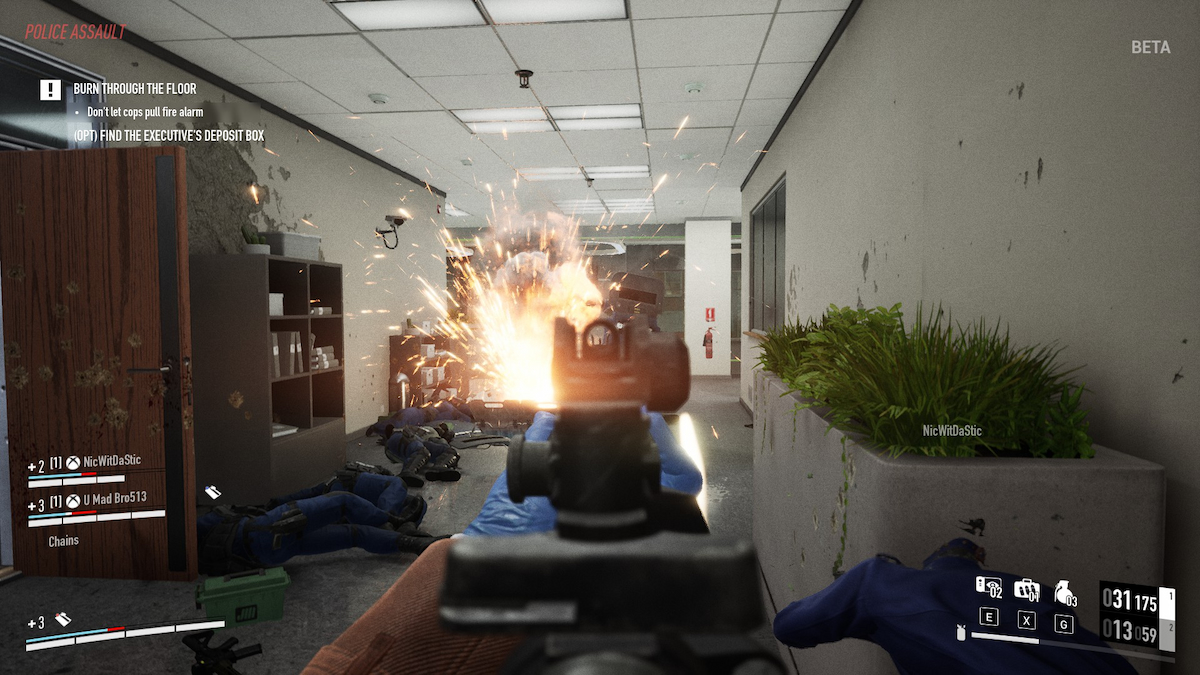
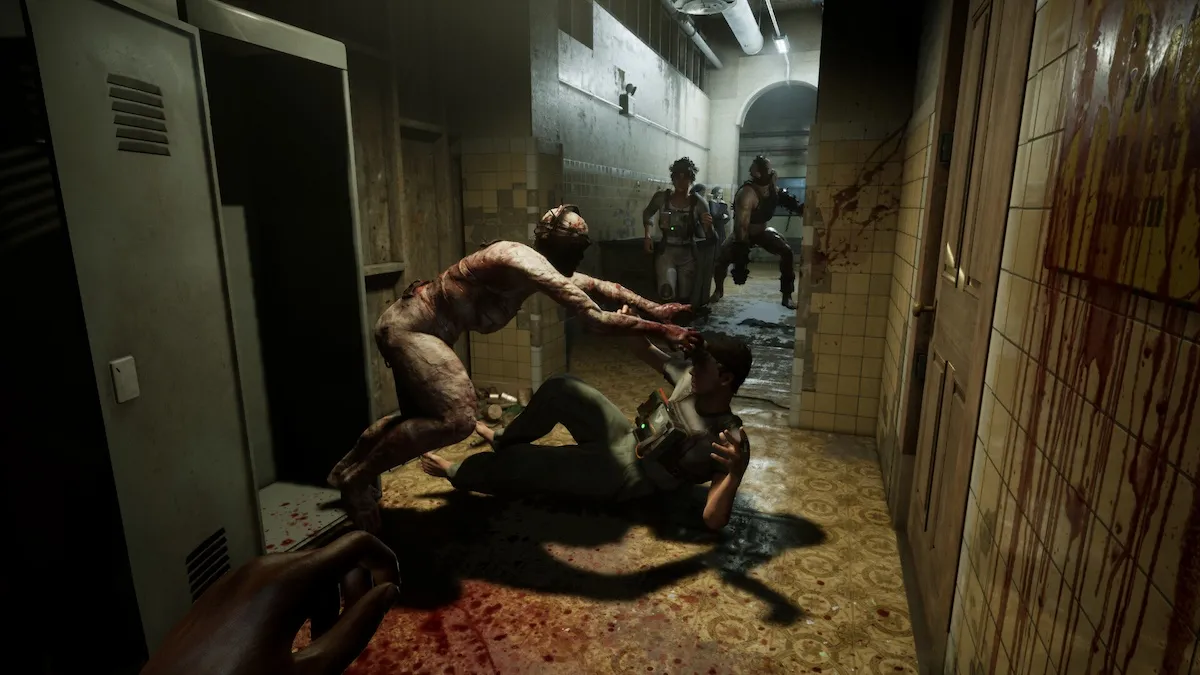
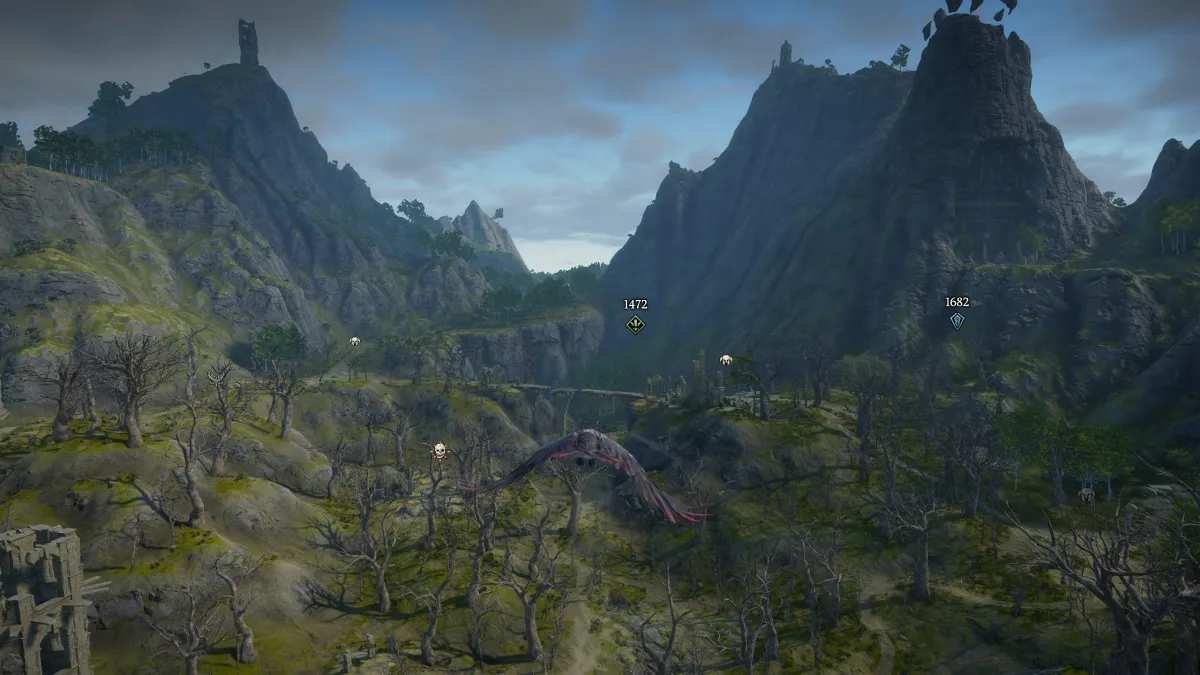
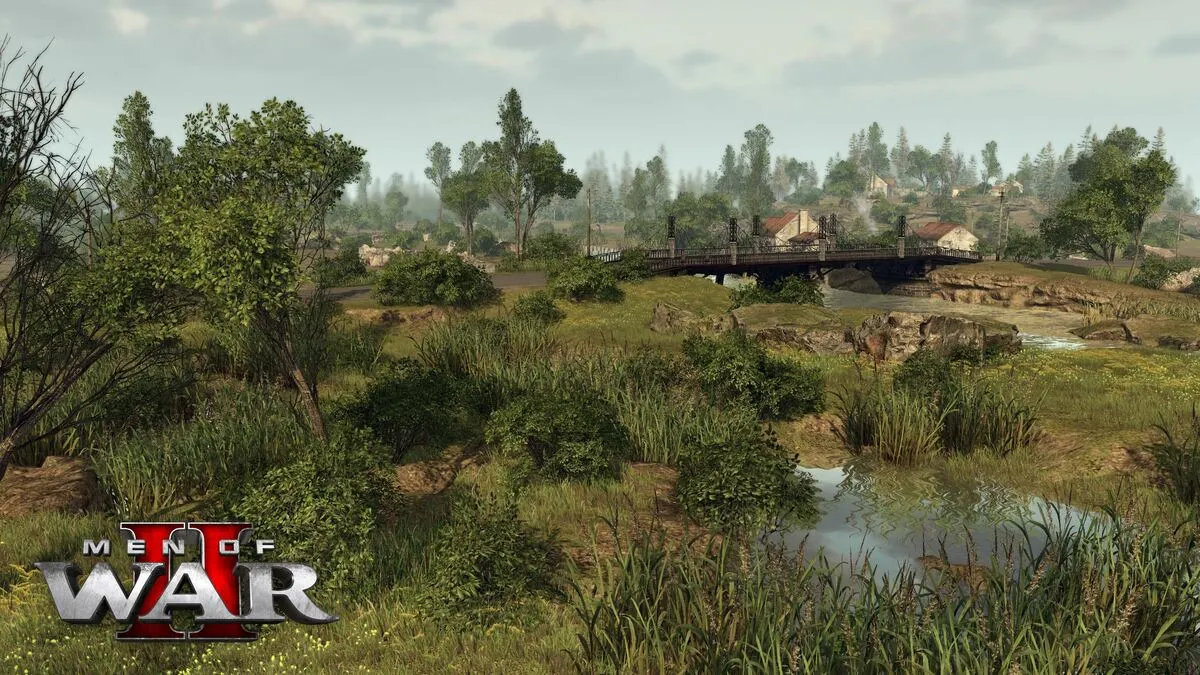
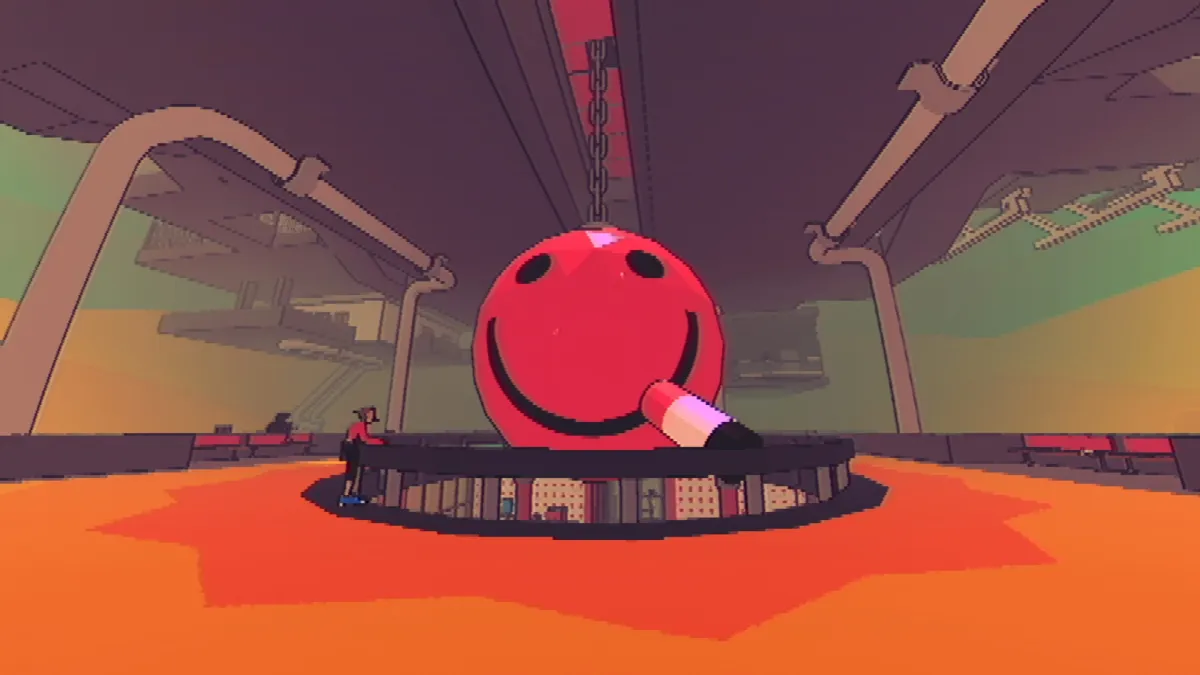
Published: Jun 28, 2013 07:23 pm